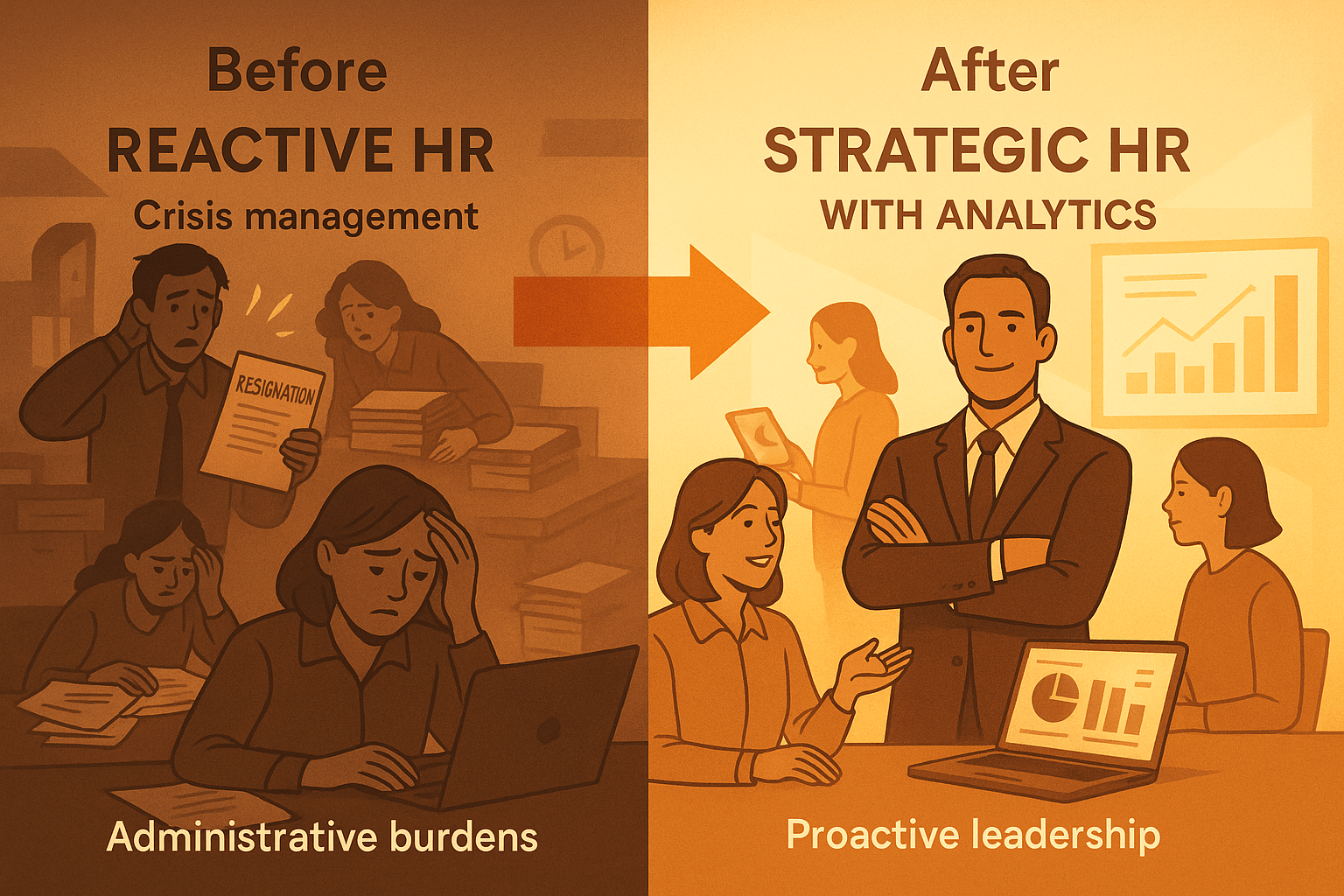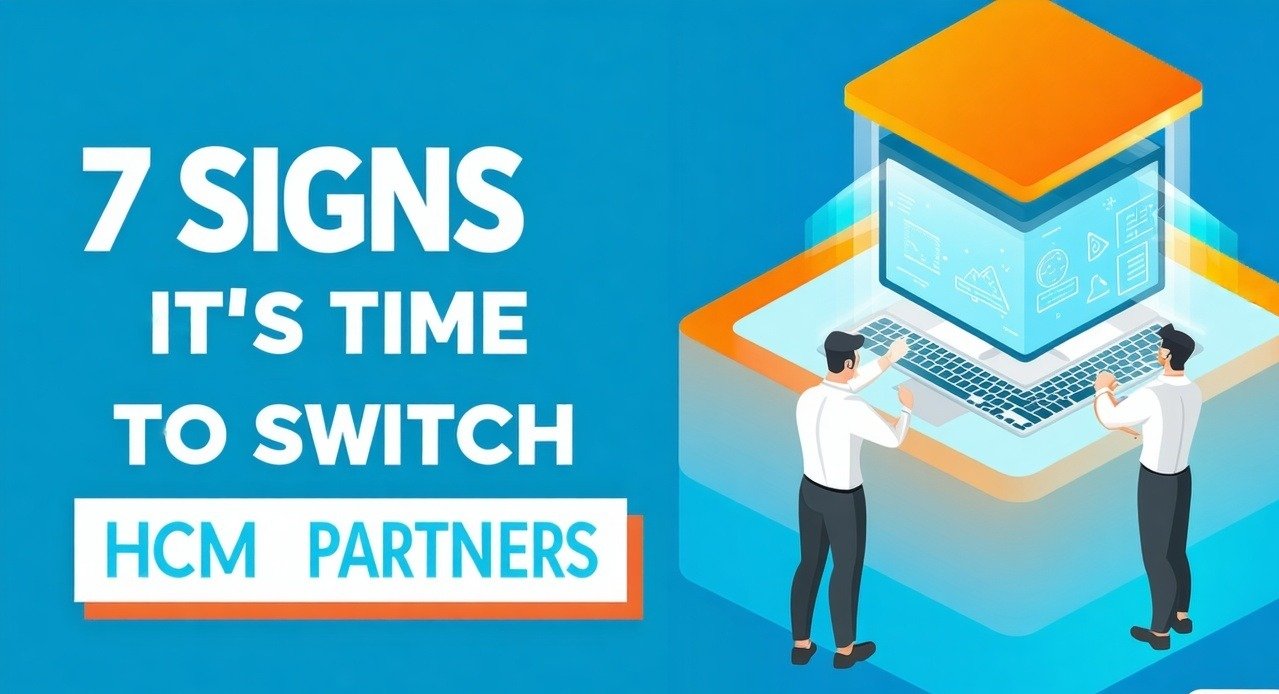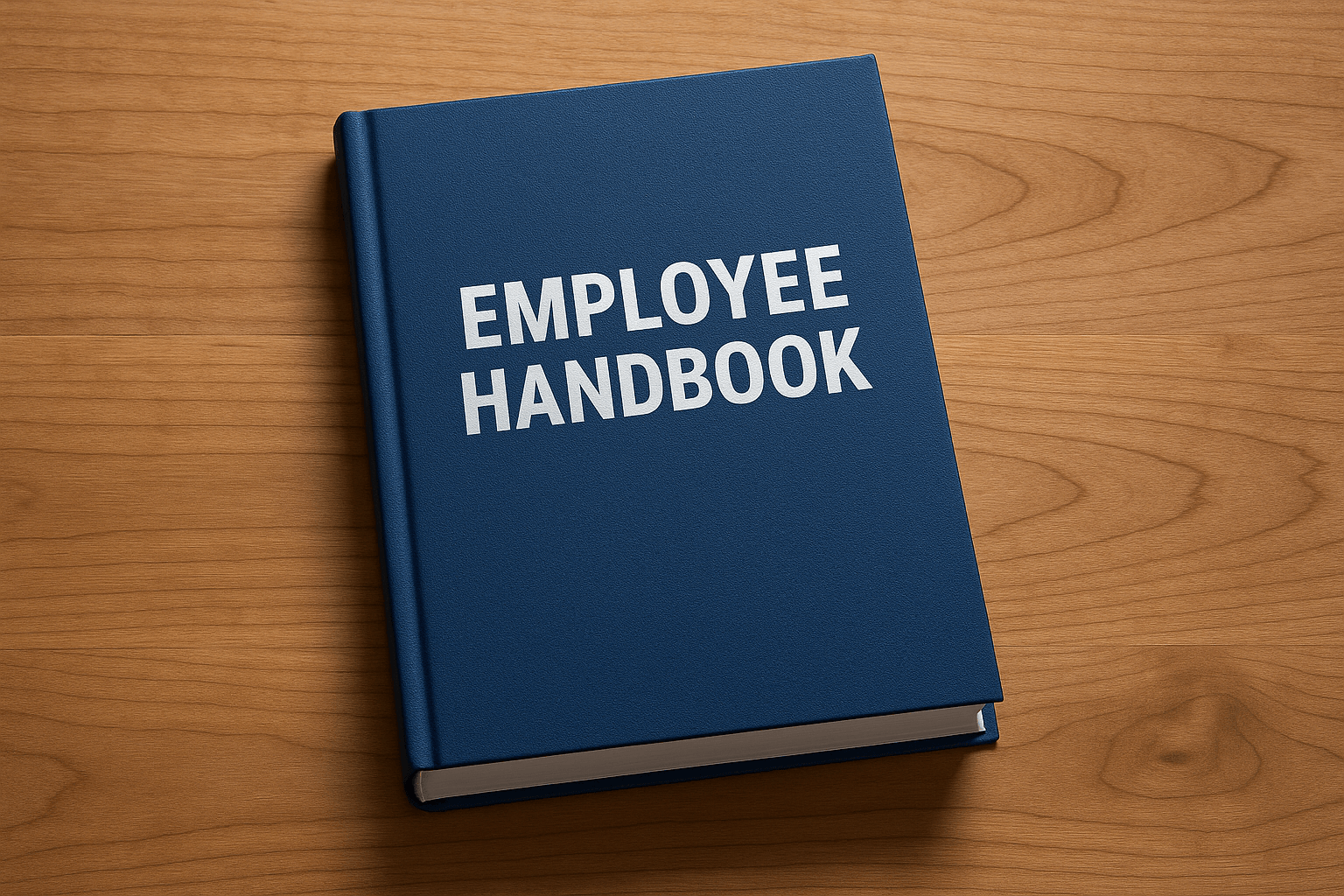Navigating Employee Retention Credits: 6 Red Flags to Watch for in ERC Providers
September 28th, 2023
3 min read
By Jason Noble
.jpeg?width=1344&height=768&name=Employee%20Retention%20Credit%20in%20amiercan%20english%20spelled%20across%20blocks(1).jpeg)
Are you feeling overwhelmed by the complexities of claiming Employee Retention Credits (ERC)? Even with expert tax help, making sense of ERC requirements can feel like untangling a web of confusing red tape. Created as a lifeline for businesses during a global crisis, the ERC program offers financial relief but is notorious for its intricate guidelines and hefty documentation requirements. Unfortunately, this complexity has attracted a slew of ERC providers looking to profit from the confusion—often with misleading claims or unethical practices.
At Lift HCM, we’ve worked with businesses of all sizes to help them claim ERC safely, securing over $10 million in credits for our clients to date. In this article, we’ll walk you through six key red flags to help you avoid predatory providers and feel confident in your ERC journey.
1. Understanding the Evolution of ERC
The ERC program provides eligible businesses with up to $7,000 per quarter in tax credits per employee, but the specifics have changed several times since its creation. Here’s how the ERC maximum credit per employee has evolved:
| Legislation | Maximum Credit Per Employee |
| CARES Act of March 2020 | $5,000 for 2020 |
| Relief Act of 2021 | $7,000 per quarter |
| American Rescue Plan Act of 2021 | $7,000 per quarter, limited to $50,000 for "recovery startup businesses" |
| Infrastructure Investment and Jobs Act (IIJA) | No changes |
These changes underscore the need for a knowledgeable professional to navigate ERC accurately. Choosing an ethical provider is essential for securing these credits while avoiding potentially costly pitfalls.
2. Spotting Dubious Business Structures
Many ERC providers emerged overnight, with some business owners rebranding themselves as "ERC experts" without any proven tax or payroll expertise. If a CEO’s background reveals they’ve transitioned from multilevel marketing or other unrelated fields to ERC services, it’s wise to proceed with caution.
Tip: Look for established providers with a longstanding history in tax or payroll services, not entrepreneurs hopping from one industry to another. A credible provider will have a proven client base and won’t rely solely on ERC claims to sustain their business.
3. Aggressive Marketing Tactics
From radio ads to unsolicited calls, ERC providers often employ aggressive marketing. Some may even imply government affiliation with letters designed to look official. The IRS has warned of scams using names like the "Department of Employee Retention Credit" to impersonate federal agencies.
Be wary of ads promising a “fast and easy” ERC application process. The truth is, ERC calculations are complex and require thorough documentation. If you feel pressured to “act now” or “sign up immediately,” that’s a red flag. Trustworthy providers give you the time and information you need to make an informed decision.
4. Ignoring Tax Advice and Expert Opinions
Some ERC providers may urge you to disregard your tax advisor’s recommendations. They might claim, “You have nothing to lose,” or dismiss concerns about eligibility without a thorough review.
Here’s what you stand to lose:
- Repayment of improperly claimed credits, often with hefty penalties and interest.
- High contingency fees, sometimes up to 25%, that add up quickly on large credit amounts.
- Potential criminal investigation, as the IRS has flagged thousands of cases of ERC abuse.
Working with a provider who encourages transparency and collaboration with your existing tax professionals is a sign of integrity. Steer clear of anyone rushing you to sign without sufficient documentation review.
5. Misleading ERC Eligibility Claims
Calculating ERC eligibility is no simple task. It requires examining payroll data, PPP loan filings, and detailed receipts to determine if your business qualifies. Any provider claiming they can determine your eligibility “within minutes” is, at best, cutting corners and, at worst, being dishonest.
"Claiming ERC eligibility without reviewing your documents is not an 'educated guess'—it’s irresponsible and unprofessional."
A reliable provider will carefully analyze your business documents, asking about revenue declines, operational restrictions, and other qualifying factors.
6. Lack of Transparency and Accountability
When choosing an ERC provider, transparency is key. Legitimate providers willingly sign tax documents with the necessary identification numbers, taking accountability for their work. This isn’t just a formality; it’s a legal obligation that signifies their confidence in the claims they prepare.
If a provider hesitates to sign or share this information, take it as a serious warning. Ethical providers build trust through accountability, not secrecy. They’ll also communicate any ERC limitations up front, ensuring you understand the risks and restrictions before filing.
7. Report Suspected Abuse
If you suspect a provider of misconduct or suspect you’ve been targeted by a fraudulent ERC promoter, report it to the IRS Office of Promoter Investigations using Form 14242. Submitting evidence to the IRS helps protect others from falling victim to similar scams.
Where to Submit: Internal Revenue Service
Lead Development Center
Stop MS5040
24000 Avila Road
Laguna Niguel, CA 92677-3405
Fax: 877-477-9135
8. Moving Forward with Confidence
Navigating ERC can feel daunting, but with a clear understanding of these red flags, you can confidently approach the claim process. Remember, the ERC was designed to help businesses like yours, not to create headaches. At Lift HCM, we’re here to guide you with transparency, integrity, and years of tax experience. Our team has successfully secured over $10 million in ERC for our clients while upholding strict ethical standards.
Contact Lift HCM for a consultation today, and let us support you in securing the credits your business deserves without the pitfalls.
Jason Noble is a seasoned expert in payroll and human capital management. With a wealth of experience in streamlining payroll processes and optimizing workforce management, Jason has successfully held key roles at leading organizations. His deep understanding of industry best practices ensures that his insights are both practical and authoritative.











.webp?width=1080&height=1080&name=HR%20blocks(1).webp)
.jpeg?width=1024&height=1024&name=happy%20employees%20working%20together%20outside%20in%20the%20fall%20time(1).jpeg)











